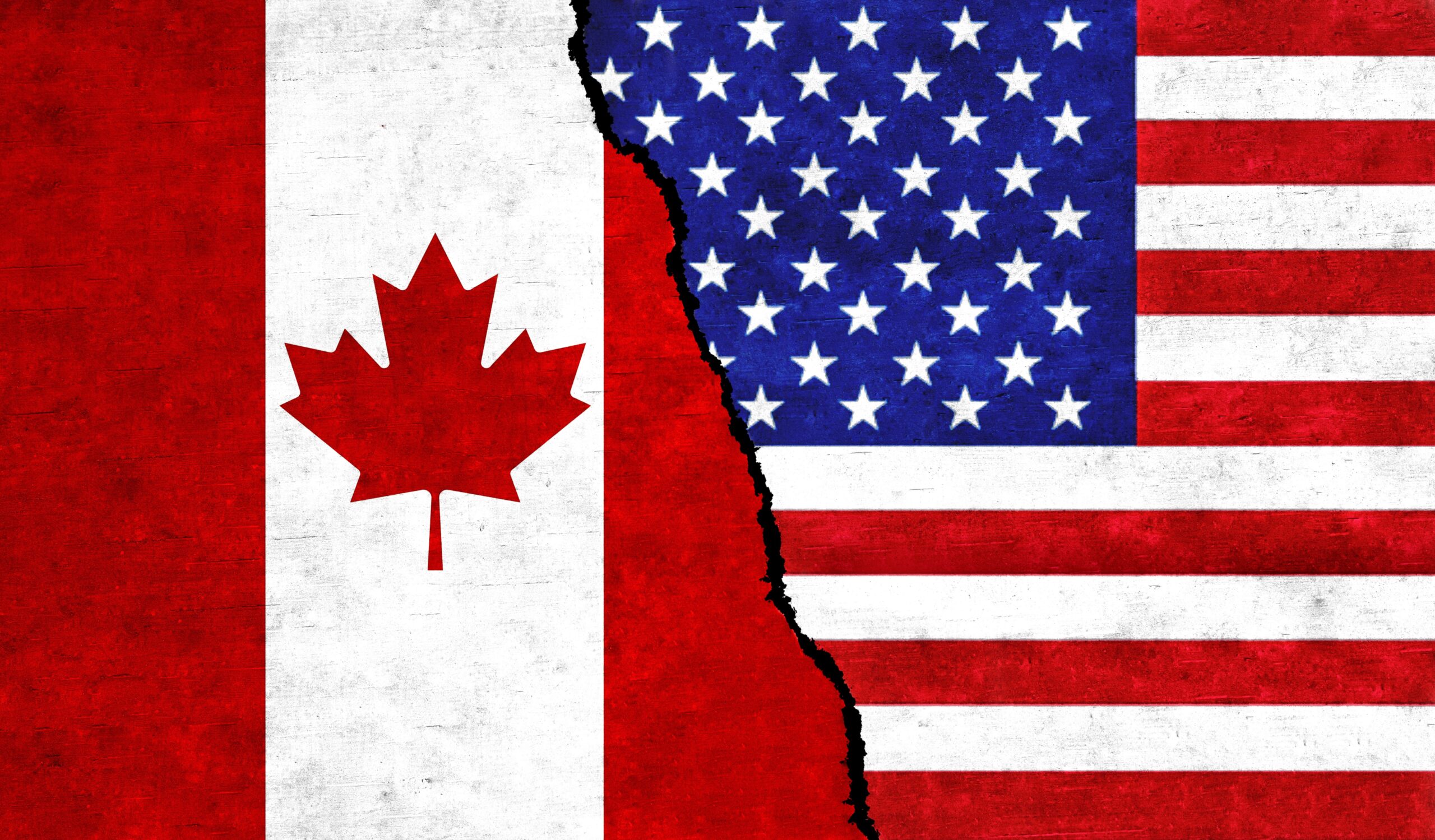China’s Belt and Road Initiative: An Epochal Initiative Connecting the World – Professor Xiangming Chen, Trinity College
Original Article Reference
This SciPod is a summary of: https://doi.org/10.33548/SCIENTIA723
Share Episode
About this episode
In 2013, the Chinese Government launched the Belt and Road Initiative (BRI), a massive global infrastructure-building initiative, to increase trade by connecting cities within and across continents. The initiative is redefining globalisation, urbanisation, regionalism, and development. Professor Xiangming Chen has released a policy expo-book (sponsored by the Regional Studies Association) that traces out the changing economic, social, and spatial fortunes of the regions connected to the initiative. In this timely book, the author outlines a modern, fresh and factual account of an outward-looking China ushering in a new era of globalisation through a variety of widespread and far-reaching trans-boundary economic and infrastructure connectivities.
This work is licensed under a Creative Commons Attribution 4.0 International License. 
What does this mean?
Share: You can copy and redistribute the material in any medium or format
Adapt: You can change, and build upon the material for any purpose, even commercially.
Credit: You must give appropriate credit, provide a link to the license, and indicate if changes were made.
More episodes
Professor Will Greaves | How Donald Trump has changed Canada-US relations
Research by Professor Will Greaves at the University of Victoria examines how the Trump presidency has impacted the long-standing security relationship between Canada and the United States. His analysis reveals concerning shifts in the foundations of bilateral cooperation and trust between these traditionally close allies, with implications for the future of North American security arrangements.
Professor Magnus S. Magnusson | The surprising similarities between the structures of human cells and societies
Research by Professor Magnus S. Magnusson at the University of Iceland demonstrates surprising similarities between the organization of cellular protein networks and of human societies. He reveals how the invention of writing and, very recently, general education, transformed human civilization in ways that mirror ancient biological developments and emphasises how this makes humans unique.
Professor Bernd Schlipphak – Professor Oliver Treib – Dr. Constantin Schäfer | How citizens’ identities shape their support for international organizations
Research by Professors Bernd Schlipphak and Oliver Treib, both of the University of Münster, along with Doctor Constantin Schäfer of ifok GmbH, Germany, reveals how people’s sense of global identity influences their support for international organizations. Their work demonstrates that reforms to international organizations can have opposing effects on different groups of citizens, potentially increasing societal divisions about global cooperation.
Dr. Kurt Vollmer | Weeding Out the Competition: The Promise of Cover Crops in Sustainable Agriculture
As global agriculture faces increasing challenges from climate change, soil degradation, and herbicide resistance, sustainable practices are becoming more crucial than ever. Among these practices, the use of cover crops, a technique that has been gaining traction for its multiple benefits, stands out. Dr. Kurt Vollmer and his colleagues at the University of Maryland and Rutgers University have delved into this area, focusing on the potential of spring-seeded grass cover crops in improving weed management and crop yields, specifically in cucurbit production. Their research sheds light on how integrating cover crops with traditional farming techniques can lead to more sustainable and productive agricultural systems.
Increase the impact of your research
• Good science communication helps people make informed decisions and motivates them to take appropriate and affirmative action.
• Good science communication encourages everyday people to be scientifically literate so that they can analyse the integrity and legitimacy of information.
• Good science communication encourages people into STEM-related fields of study and employment.
• Good public science communication fosters a community around research that includes both members of the public, policymakers and scientists.
• In a recent survey, 75% of people suggested they would prefer to listen to an interesting story than read it.

Step 1 Upload your science paper
Step 2 SciPod script written
Step 3 Voice audio recorded
Step 4 SciPod published




